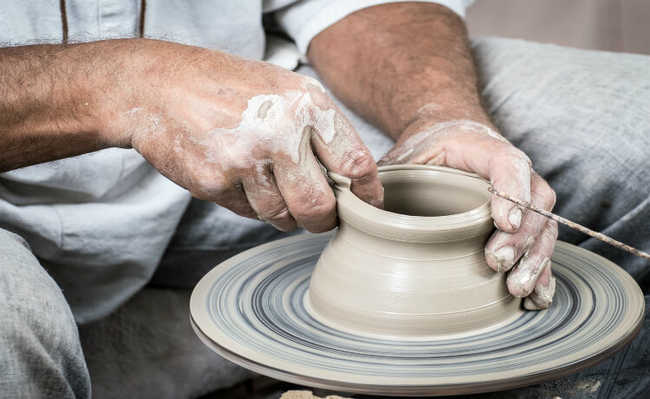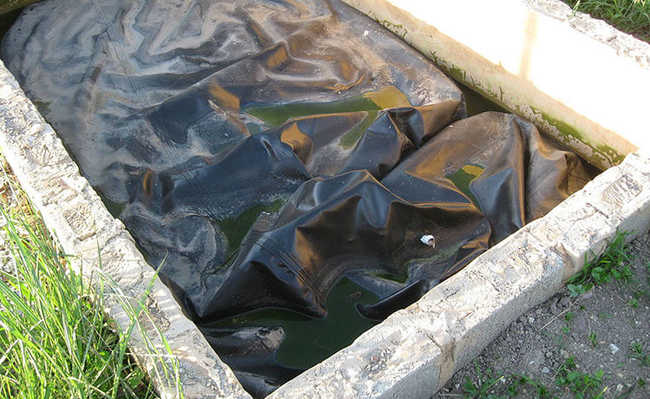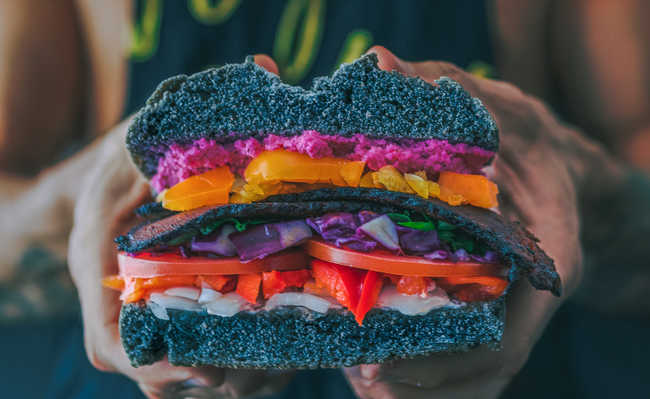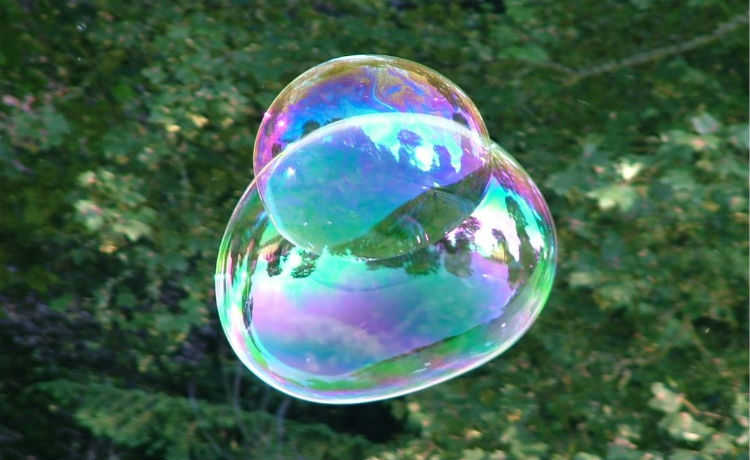Is baking so bad?
If used in the right way, baking soda is not bad for your health. Be careful with exaggerations!
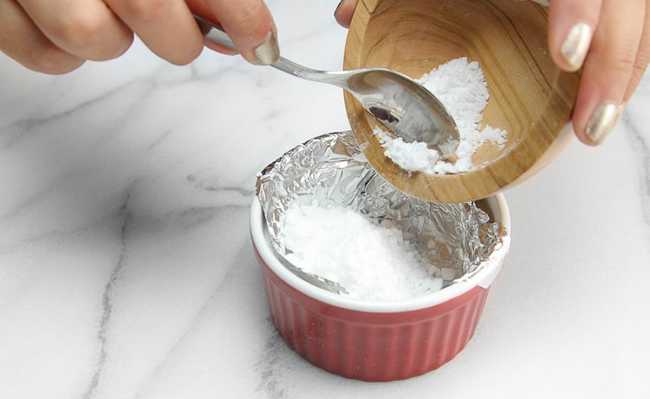
Sodium bicarbonate is a great ally in the daily lives of those looking for homemade solutions, as it has several uses. Salt is a great option to replace the use of industrialized products. It can be used in recipes for cleaning products, beauty items and the alleviation of minor health problems, and it has many uses in the kitchen. But while it's possible to use baking soda in more than 80 ways, alkaline salt also has its limitations. Baking soda is generally okay, but overdoing it can bring complications—especially in cases where you want to ingest baking soda.
Know some cases in which it is important to pay attention to the amount used in order not to run the risk of bicarbonate doing you harm.
Use the right baking soda
1. Bicarbonate and yeast
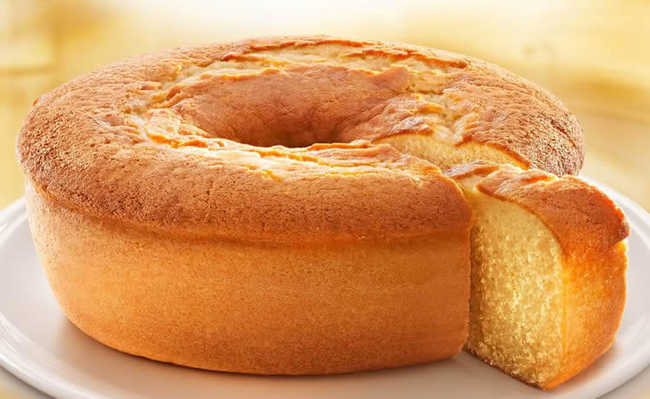
Although it can be used as a yeast, baking soda is not the same as yeast. Both products can be used to produce carbon dioxide and are capable of growing cakes, pancakes and cookies. However, in order to function as a yeast, baking soda reacts with acids in foods - such as whey or yogurt. Powdered yeast, on the other hand, has an acid in its composition that makes it work as a yeast on its own. So, depending on the recipe, using only the bicarbonate may not bring the desired effect. If you only have baking soda in the pantry, prefer recipes that already contain baking soda - rather than simply "adapting" a recipe with yeast. This won't hurt you, but your cake may not look so fluffy.
2. Baking for heartburn
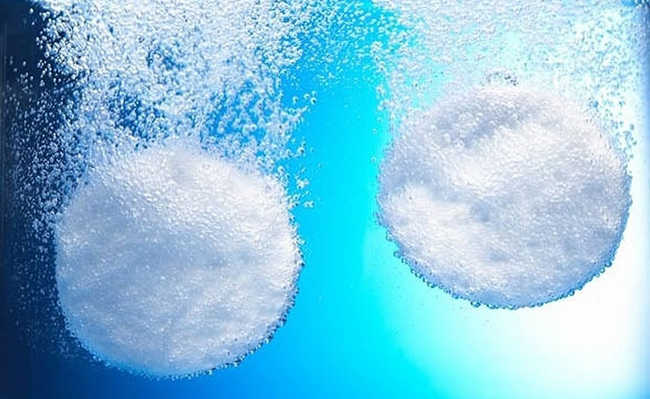
Some people go overboard on antacids. Baking soda for heartburn works - salt is a highly effective antacid that is used in drugstore formulations and home recipes. However, as the name implies, it is composed of sodium. Sodium bicarbonate, on average, is composed of 27% sodium. So if your doctor or doctor has told you to cut down on salt, or if you have high blood pressure problems, this is a case where baking soda can be harmful. According to the Ministry of Health's Food Guide, the daily recommendation for sodium consumption for an adult is, at most, 1.7 g. If you have blood pressure or sodium problems, ask a trusted health care provider for a safer recommendation.
3. Bicarbonate and acne
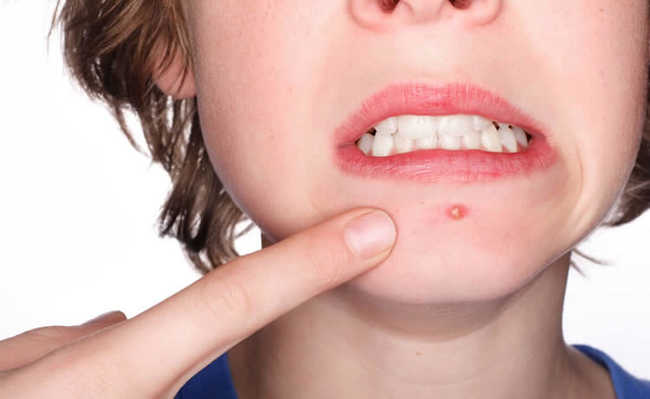
Baking soda can also be used in various recipes for home cosmetics, such as deodorants, hair care products, mouthwash and even to make shaving cream. But, as it is a slightly alkaline substance, it may not be the best option for treating acne. Our skin has a pH around 5.5, due to the natural substances in sweat, which are acidic. Bicarbonate, with its neutralizing properties, can alter the skin's natural pH. Changes in pH can influence the proliferation of bacteria that colonize it, collaborating with the appearance of pimples (see more here). Baking soda can be used to neutralize your skin's acids and remove excess oil, but it needs to be diluted to do this. Direct application of salt to pimples is not ideal.
- Learn more about this and more than 80 other ways to use baking soda - none of them hurt!
4. Baking and fire
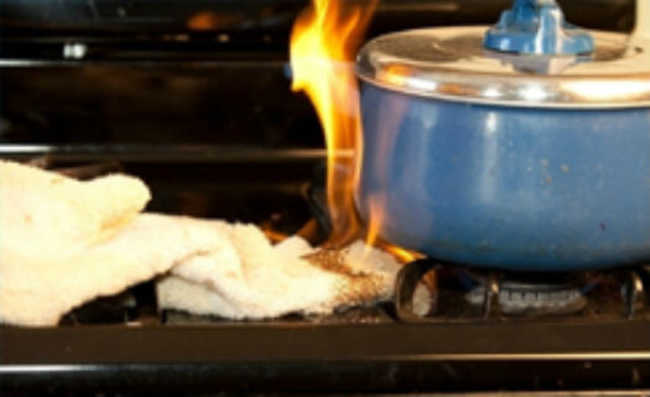
Baking soda is used in the composition of some types of fire extinguishers, but that doesn't mean you can use it to put out fires in its commercially available powdered version. Photo tinkering is dangerous and wanting to use baking soda to put out fires can be very, very bad. Always keep the fire extinguisher up to date!
5. Bicarbonate and aluminum
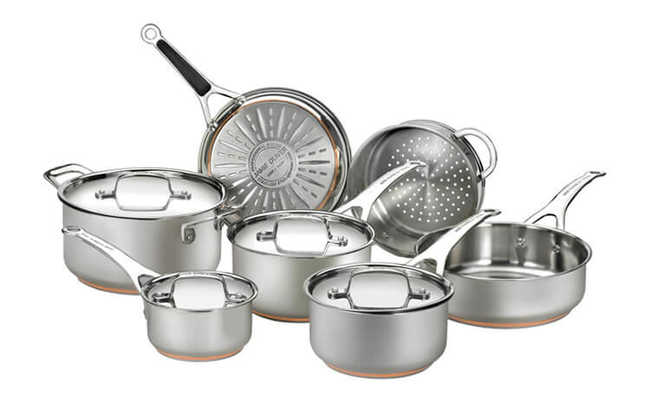
Since baking soda participates in so many cleaning tips, including in the case of cleaning pans, you may have already wanted to use salt to clean aluminum pans. But be careful! Baking soda reacts with aluminum and can cause your pots and pans to start to fade or stain. Aluminum, in turn, can release heavy metals during food preparation and ingesting these substances is harmful.
- Learn more in the article: "What is the best pot for cooking?"
6. Bicarbonate in the fridge
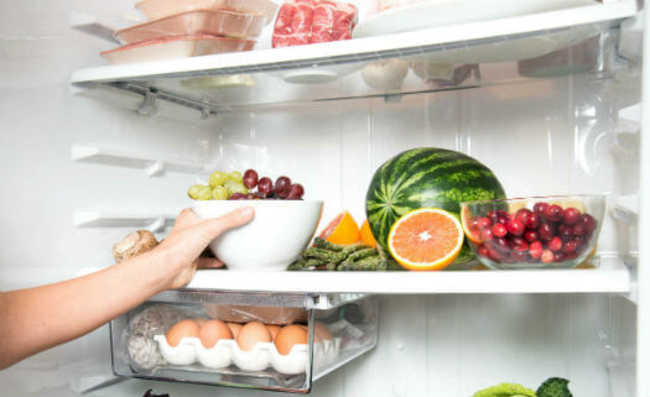
Cleaning the fridge with baking soda might be a good idea, but it needs to be done right. The salt neutralizes odors, but for that it needs to be placed in a container with a wide mouth. For baking soda to truly be an odor-neutralizing substance, you need to place it on large trays at the bottom of your refrigerator. A second option is to use activated carbon - an extremely porous substance that will offer a larger contact surface to grab the bad smell molecules.
Is baking soda bad?
In addition to the cases listed above, in which you need to be careful with the amount or the way you use baking soda, there are also some situations in which salt is not indicated and can even be harmful. This is the case of pregnant women and people with high blood pressure, who should avoid ingesting baking soda in simple formulas - as is the case with the mixture of baking soda and water for heartburn, but if you just want to eat a chocolate cake with baking soda then okay.
In the case of some pregnant women, bicarbonate can lead to increased pressure - since the product is a salt. This is also why people prone to high blood pressure should pay attention to the amounts they eat or avoid bicarbonate.
Bicarbonate can also be harmful to patients with edema and should not be used in children under 6 years of age. Because it contains salt and releases CO2 when it is metabolized, patients with kidney injury or failure who have a history of fluid retention should be careful when using the product.
If the person is predisposed to fluid retention and uses high doses, bicarbonate can cause edema. Nausea and vomiting are also common symptoms. There may also be a decrease in urine and anticoagulant absorption.
When you want to use baking soda as a medicine, the ideal is to undergo a medical evaluation beforehand. If used in the right way and in moderate doses, baking soda is okay.

